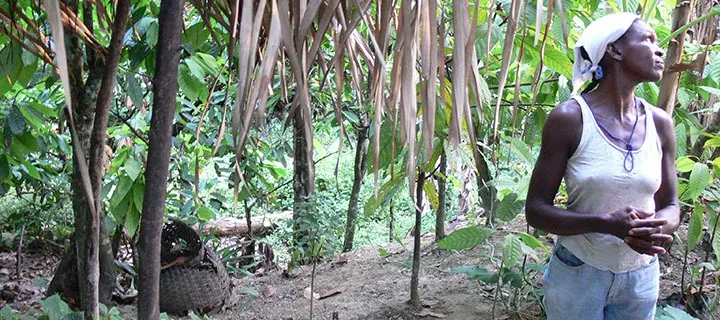Fair Trade: Does It Help Poor Workers?

The short answer is not the one most people expect, given the way the benefits (to producers) of social certification programs are touted.
Fairtrade can actually depress wages and push workers into less desirable jobs. Which I already knew.
One thing I did not know was that there is an entire branch of economics – development economics – dedicated to this kind of understanding.
A simple answer is to buy origin chocolate from small makers where the origin is a country in the Americas or Caribbean. Small makers tend to purchase more directly and pay higher prices for their beans. Buying from a maker like Shawn Askinosie is a start.
However, that begs the question of how to help farmers in West Africa where there are the most extreme abuses. Making inroads in places like Ghana and Côte d’Ivoire is not something that can be achieved by the cocoa/chocolate industry alone. One of the contributing factors is endemic poverty in places like Mali and Burkina Faso that make it economically attractive for parents to sell children into indentured servitude.
These pressures are exacerbated when a country has awarded a monopoly to an agency that controls prices and takes a service fee (tax) off the top of up to one-third so that the farm price is far below the market price. Predatory intermediaries also do not help.
Ultimately it is the fact that cocoa is traded as a commodity that is major contributor to low prices which cascade into all these other issues. When a broker wearing Armani working in an air-conditioned office in NYC can decide to short the market, the farmer is not in control of their destiny.